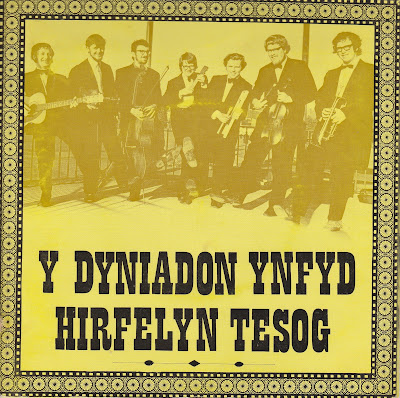A piece of late popsike from future music mogul Muff Murfin
Label: Mother
Year of Release: 1971
This isn't the first time we've featured Muff (stop sniggering at the back) on this blog. His glam rock single "Sexy Sexy Lady", which combined with his name probably caused a spike of misguided Google referrals to my otherwise innocent blog, was dealt with here.
His rightful full name is Muff Murfin, and these days he's a successful radio station mogul, and during the seventies also ran Birds Nest Records and "The Old Smithy" Recording Studios. His recorded output prior to all this is often worth a sniff, though. "Hurdy Gurdy" here is, for example, a Peter Lee Stirling (aka Daniel Boone) penned popsike ditty which will possibly irritate as many people as it delights with its naive lyrics and jaunty melody. The B-side, as its title suggests, is a much more straight-ahead ballad.
Muff's solo career would rapidly take a backseat to his business concerns, and besides "Sexy Sexy Lady" his only other release in the seventies was the glammish "Do The Hand Jive" on United Artists in 1975. He was a man of many styles and approaches, but ultimately he seemed to taste more success in the executive chair rather than the recording studio booth.


















